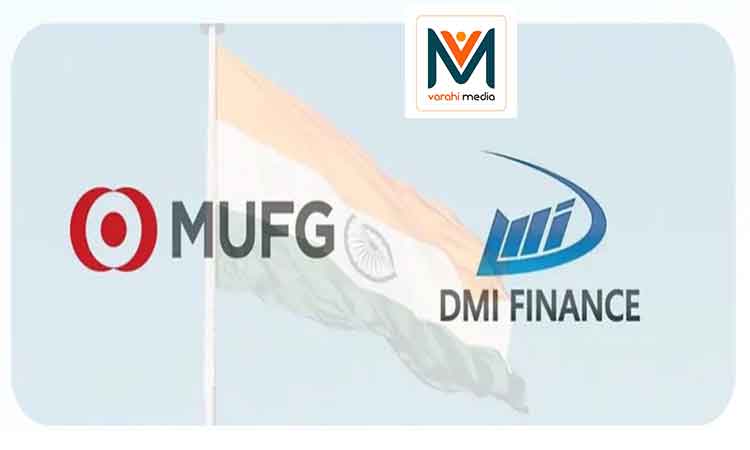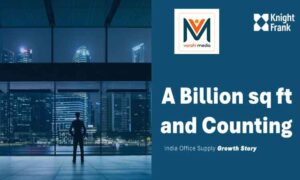Legal Storm Over DMI Finance: MUFG’s $334 Million Investment Triggers Transparency Concerns
Varahi media.com online news,August 4,2025: In March 2025, Delhi-based non-banking financial company (NBFC) DMI Finance Private Limited secured a $334 million equity investment from

Varahi media.com online news,August 4,2025: In March 2025, Delhi-based non-banking financial company (NBFC) DMI Finance Private Limited secured a $334 million equity investment from Japan’s MUFG Bank (Mitsubishi UFJ Financial Group). While hailed as a major financial partnership, this deal has now come under scrutiny, raising serious questions about investor due diligence, corporate transparency, and regulatory oversight.
Unseen Legal Trouble
Industry observers have raised concerns that multiple ongoing legal cases and investigations against DMI Finance were not disclosed during the investment process, sparking debate about non-disclosure practices and potential investor risk. Critics argue that such omissions are alarming—especially as India strives to become a $5 trillion economy by 2027-28, where foreign confidence and financial system integrity are crucial.
DMI Finance currently faces:
- An ECIR (Enforcement Case Information Report) registered by the Enforcement Directorate (ED)
- Multiple FIRs across Gurugram, Noida, and Agra
- Allegations of fraud, forgery, financial misconduct, and criminal breach of trust
Key individuals associated with the company have reportedly failed to appear before enforcement agencies, citing absence from India—further intensifying suspicions of deliberate evasion.
Mounting Allegations and Financial Liabilities

Several industry sources suggest that pending liabilities and legal claims against DMI could run into hundreds of crores. A rising number of voices within the financial sector are calling for the matter to be escalated to the Serious Fraud Investigation Office (SFIO) to ensure a centralized and transparent probe.
Parallels are now being drawn between DMI Finance and previous high-profile financial frauds, such as the:
- ₹429 crore Seva Vikas Cooperative Bank scam
- ₹8,000 crore Adarsh Credit Cooperative Society collapse
Both began with early warning signs that were reportedly overlooked.
RBI’s Prior Red Flags
The Reserve Bank of India (RBI) had previously flagged serious operational irregularities at DMI Finance, imposing a temporary ban on lending activities. Though the ban was later lifted, the initial action underscored deeper concerns around:
- Pricing inconsistencies
- Interest rate spreads
- Non-compliance with fair lending practices
Read This also…Crystal Crop Protection Marks 50 Years of Bavistin – A Trusted Legacy in Fungicide Solutions..
These early warnings, critics argue, were not sufficiently followed up with comprehensive investigation or public disclosure.
Key FIRs Against DMI Finance
The following major FIRs illustrate the gravity of the allegations:
- FIR No. 76/2025 – Gurugram: Accuses DMI of using forged legal documents to fraudulently extract funds from a businessman.
- FIR No. 0486/2022 – Noida Sector 113: Alleges a ₹67 crore fraud involving fake board resolutions and diversion of loans through a false real estate venture.
- FIR No. 1653/2019 – Noida Sector 24: Links DMI to cyber fraud via identity theft for unauthorized loan issuance.
- FIR ID 31621046220025 – Agra: Involves serious charges of criminal breach of trust and financial misconduct.
While some of these complaints remain under legal challenge or verification, their cumulative weight raises serious doubts about the company’s ethical and financial practices.

Need for Urgent Oversight
Given the scale of allegations, regulatory bodies including the RBI and Ministry of Finance are under pressure to act swiftly and decisively. At a time of growing geopolitical instability and economic vulnerability, any large-scale financial failure could shatter public trust and expose small investors to irreversible losses.
As India accelerates toward its ambitious economic goals, ensuring transparency, accountability, and rigorous due diligence must remain central to all major financial deals—especially those involving foreign capital.




